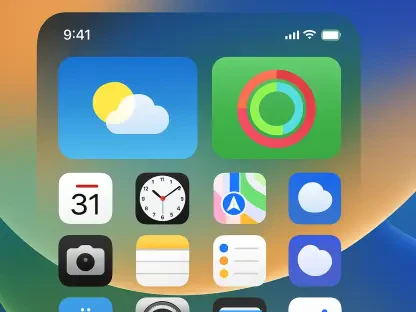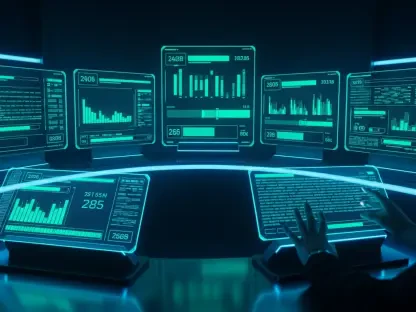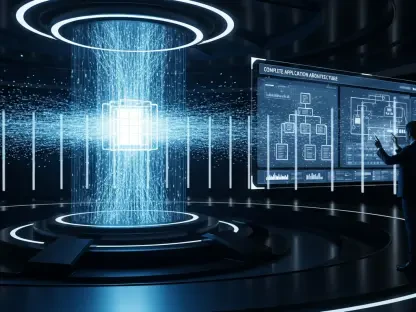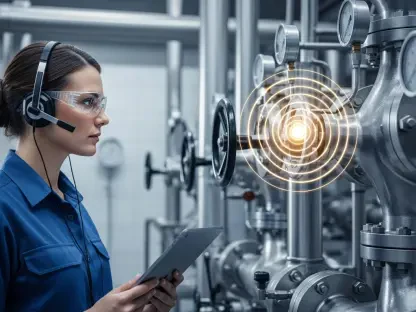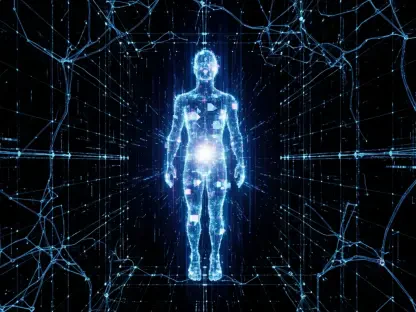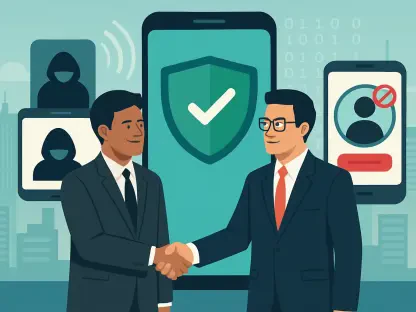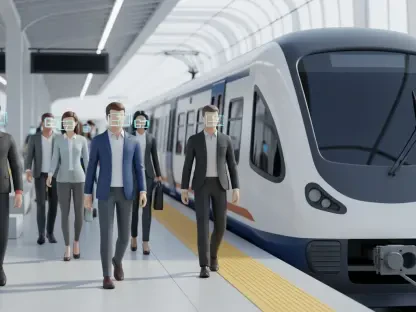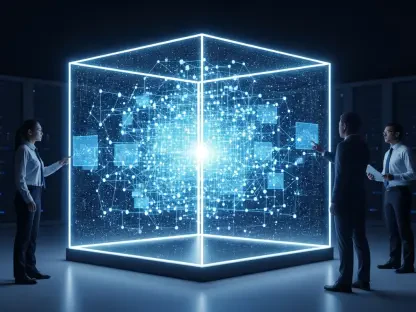Today, we’re thrilled to sit down with Nia Christair, a leading voice in the world of mobile technology and its societal ripple effects. With a deep background in mobile gaming, app development, device design, and enterprise solutions, Nia has a unique perspective on how tech trends, especially the rise of AI, are reshaping our personal connections. In this conversation, we’ll explore the growing phenomenon of AI stepping into roles once filled by family, friends, and even pets, diving into the emotional and cultural implications of these one-sided interactions. From robotic companions to AI-driven social platforms, we’ll unpack how technology is both connecting and isolating us in unexpected ways.
How did you first come across this trend of AI replacing personal relationships, and what made you realize it was becoming a significant shift?
I first noticed it a few years back when I started seeing more apps and devices marketed as companions rather than just tools. It hit me hardest with the rise of virtual assistants and chatbots that weren’t just helping with tasks but were designed to simulate emotional bonds. I saw friends and colleagues interacting with these systems as if they were confiding in a real person. That’s when I realized we’re crossing a line—tech isn’t just assisting anymore; it’s filling gaps in our social lives. The trend grew clearer with products like robotic pets and AI-generated content platforms, where the focus is on mimicking human or animal connection without any real reciprocity.
What’s your perspective on devices like the Casio Moflin robot being positioned as pet replacements, and how do they play into this larger trend?
The Moflin is a fascinating but troubling example. It’s a palm-sized robot designed to mimic a pet’s personality, responding to touch and voice with coos and simulated emotions. On one hand, it’s impressive how tech can replicate those interactions. But on the other, it’s a stark reminder of this megatrend where we’re substituting real, mutual relationships with one-sided simulations. It’s not about caring for something that needs you; it’s about getting the feeling of care without the responsibility or genuine connection. It’s a shortcut that might leave us emotionally hollow over time.
How do these AI companions manage to tap into our emotions so effectively, almost tricking us into believing they’re real?
These devices are engineered to exploit our natural instincts, like the urge to nurture or bond. With something like Moflin, it’s the way it responds to touch or voice—those little sounds and movements trigger the same parts of our brain that light up when we pet a dog or comfort a child. We’re wired by evolution to respond to cues of need or affection, and AI designers know exactly how to mimic those cues. It’s not about the device feeling anything; it’s about us projecting our emotions onto it, which can be a powerful illusion but also a risky one if it replaces real relationships.
You’ve described this trend as “one-sided,” comparing it to something like Bitcoin. Can you elaborate on how these AI interactions mirror that kind of investment?
Absolutely. With Bitcoin, you’re often investing for personal gain without necessarily contributing to anyone else’s well-being—no one’s getting housed or fed by your transaction. Similarly, with AI companions or social apps, you’re getting the emotional payoff of interaction—feeling cared for or connected—without anyone on the other end benefiting. There’s no mutual exchange, no real relationship being built. It’s just you and a machine, or you and a speculative asset, chasing a reward that doesn’t ripple out to others. That lack of reciprocity is what makes both feel so isolating in the long run.
Turning to social platforms, how are tools like Sora 2 changing the way we experience content compared to something more human-driven like TikTok?
Sora 2 is a prime example of tech replacing human creativity with AI-generated content. Unlike TikTok, where you’re at least seeing real people share snippets of their lives—however curated—Sora 2 feeds you short, swipeable videos made entirely by algorithms. It’s personalized, sure, but there’s no human story behind it, no shared experience. You’re not connecting with anyone; you’re just consuming what a machine thinks you’ll like. It strips away the messy, authentic human element that, for better or worse, makes platforms like TikTok a window into real lives.
What do you think happens to our sense of community when we start interacting more with bots on platforms like SocialAI instead of actual people?
It’s a slow erosion of what community means. SocialAI, for instance, lets you post and comment as if you’re on a regular social network, but you’re only engaging with bots simulating other users. There’s no real feedback, no genuine empathy or disagreement—just programmed responses. Over time, that can dull our ability to handle the complexities of human interaction. Community is built on shared struggle and understanding, but when you’re alone talking to algorithms, you’re not building anything. You might feel engaged, but you’re not truly belonging to anything or anyone.
Looking at the broader picture, how do you see this trend of technology isolating us manifesting in everyday life beyond just pets and social media?
It’s everywhere. Take streaming movies or TV—once a social experience in theaters or with friends, now often a solitary binge at home. Or video games that let you simulate social activities like farming or building without ever benefiting a real person or place. Even reaction videos on YouTube mimic the feeling of watching with others without the actual shared moment. Tech is increasingly offering us simulations of social, civic, or nurturing roles, giving us the satisfaction without the effort of real-world impact. It’s convenient, but it pulls us further into our own bubbles, away from meaningful connection.
What’s your forecast for the future of AI in personal relationships if this trend continues unchecked?
If we don’t push back, I see AI becoming an even bigger substitute for human connection, to the point where real relationships might feel like too much work for some. We could end up with a society where people prefer the predictability and ease of AI companions or platforms over the unpredictability of humans. On the flip side, I think there’s potential for a backlash—people craving authentic connection and rejecting these simulations. But it’ll depend on whether we prioritize tech’s benefits, like productivity or innovation, over its risks to our social fabric. I hope we find a balance, using AI to enhance rather than replace the messy, beautiful reality of human kinship.


